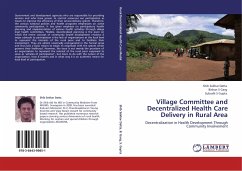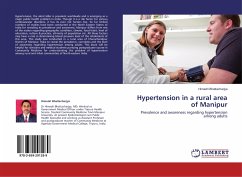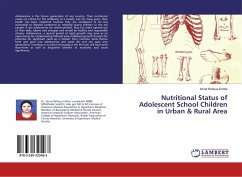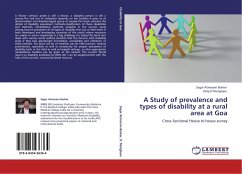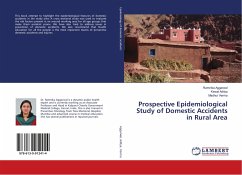Government and development agencies who are responsible for providing services and who have power to control resources see participation as means to improve the efficiency of their service-delivery system. Therefore, the various national policies and health programs emphasizes on active community participation. It has given emphasis on participatory health planning and implementation of various health activities through village level health committees. Flexible, decentralized planning is the pivot on which the entire concept of community health development revolves. A major obstacle to participation is the lack of organizations at the local level to represent the interests of the rural poor and to facilitate their involvement. They are almost universally unorganized in the formal sense and thus lack a basic means to begin to negotiate with the system which governs their livelihood. However, the issue is not merely the provision of an organization to represent the interest of the rural poor supposed to serve as vehicles of participation , but more to do with the nature of the organization, how it evolves and in what way it is an authentic means for local level of participation.

